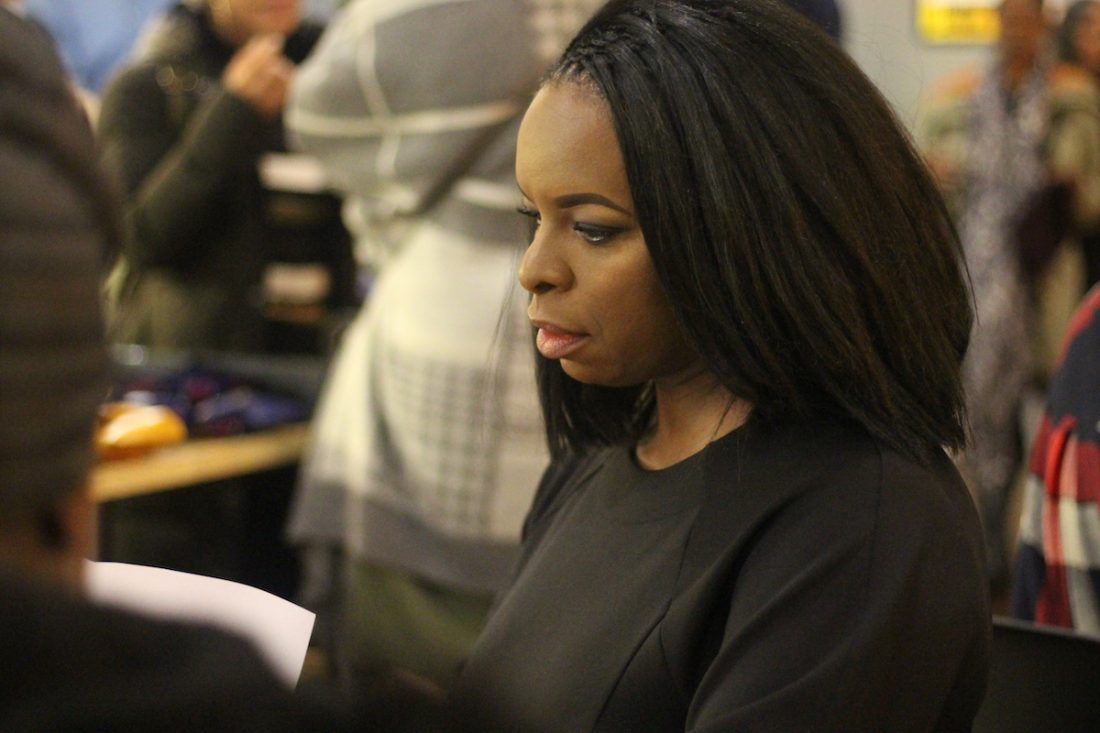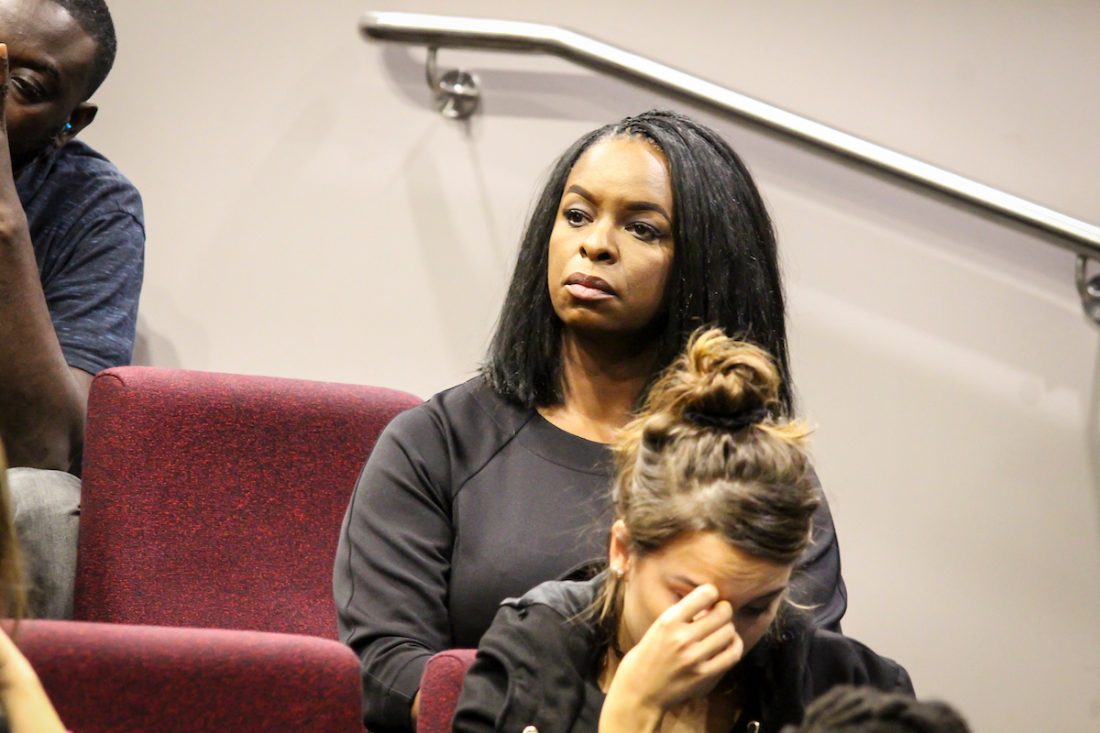Jennifer G. Robinson, Director of Women of the Lens film festival, talks exclusively to Melan Magazine about what it’s really like to run an indie film festival.

From being a young movie fan to teaching film and media studies as a career, the big screen has always excited Jennifer G. Robinson. But it wasn’t until she began helping at someone else’s festival that she felt inspired to create her own.
Women of the Lens, now in its sixth year, gives a voice and platform to Black women filmmakers who are under-represented in the mainstream industry, and it remains one of only a handful of Black film festivals in the UK. We caught up with Festival Director Jennifer to discover what goes into starting and sustaining an independent film festival.
Celebrating Black women filmmakers: Women Of The Lens Festival 2022
So, Jennifer, have you always been a film fan?
Yes! My connection to film started when I was a little girl. I love a good story. I don’t care what format I just want to hear it. I would sit in front of the TV with my parents, particularly with my father who was a science fiction fan, so consequently, I was into sci-fi too. I loved Star Trek and was drawn to Lieutenant Uhura. As she sashayed across the screen I’d be transfixed as there were so few images of that kind of woman on TV.
View this post on Instagram
How did the first Women of the Lens Festival come about back in 2017?
It started when I was the festival coordinator for Menelik Shabazz’ The Black Film Maker Festival. It was held at the Bernie Grant Arts Centre in 2015 and being involved was an important step for me in understanding how festivals were so important as a platform for under-represented filmmakers; to have somewhere they could showcase their work, share skills, expertise and knowledge as well as their feelings, emotions and anxieties about being in the industry. After that experience, I wanted to do something specifically for Black women so that’s how Women of the Lens came about.
7 ways to remember the legacy of pioneering filmmaker Menelik Shabazz
How did you originally finance it?
Up until recently, the whole festival was self-funded from my own pockets. When you’re starting something new you have to consider those types of things, but funding and finance continues to be the biggest challenge of running the festival.
What’s involved in the day-to-day running of a film festival?
There are five key areas; communication so all the marketing and PR, staff and people resources who are freelancers and volunteers, finance, which is all the budgeting and funding, operations around the practicalities of running a festival and stakeholder relations which involves building relationships and doing outreach work.
I tend to do something every day. Film is such a passion of mine. I never turn off, but I do step away. It’s equally as important to do that but I’m always still thinking about film.
Indie filmmaker Sheila Nortley is producing Netflix horror series Stay Close
Going from helping to run a festival to directing one yourself is a big step, have you had any support in the form of mentors?
It’s only in the last three to six months that I’ve had support from a mentor. I do think it’s really important that anyone in any sector, when they’re starting out should have one. It could be through a formal or informal route but having someone with more experience who is aware of opportunities and pitfalls can support your career and its trajectory.
How do you find the films to screen at the festival?
I’m slowly getting a lot of people sending me things, but the primary place is a website called FilmFreeway which a lot of festivals use where filmmakers can upload films for consideration. Being invited to screenings and meeting new filmmakers is always a pleasure and I’ve made new connections that way – it’s great when I meet filmmakers I’ve not heard of.

Keeping an indie film festival going for six years is a huge achievement, what’s next for you?
I want to stop being a nomad and have a festival partner venue that is happy to have us for the next three to five years, to take away some of the anxiety and challenges. I’d also like to develop an educational element to marry up my two passions: education and film.
And I’m planning to travel with the festival too. I recently attended an incredible Film Hub Scotland event with Film London and the BFI about taking films to different parts of the country so before next year I want to host one event outside of London, either in Scotland or Wales and then still have the main festival in London.
Amma Asante on The Color Purple: “For me, it was a watershed”
Why is Women of the Lens such an important part of the British film industry?
First and foremost we focus on under-represented women, in front of and behind the camera lens but from the get-go one of my core beliefs was that the stories we tell are stories that any human being can connect with. We bring together these women filmmakers so they can recognise themselves and feel empowered to make the camera their career. The Black British film industry is unique. In comparison to what’s happening in America, West Africa, the Caribbean, or South Africa, we have our own particular, peculiar challenges but also I feel we don’t need to look anywhere else. There is so much talent in the creative industry in Britain so it’s about how we can make that more viable so it thrives.
Written by Momtaz Begum-Hossain












